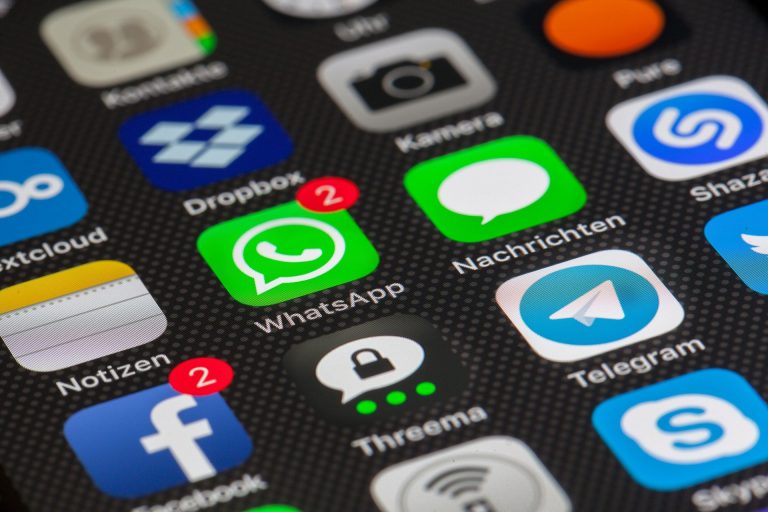WhatsApp issued its first intermediary guidelines report on Thursday, in accordance with the new Information Technology (Intermediary Guidelines and Digital Media Ethics Code) Rules, 2021, which came into effect on January 1, 2019. Between May 15 and June 15, 2021, the Facebook-owned messaging service stated that it has banned more than 29 lakh accounts in total.
The business went on to provide some further information on the ban, noting that over 95 percent of such account suspensions are the result of unlawful usage of automated or mass messaging, which may be regarded as spam by some. WhatsApp also states that the worldwide monthly average is around 8 million accounts that are banned or deactivated on a monthly basis.
Between May 15 and June 15, 2021, the messaging app has also released a breakdown of the complaints it got from various parties. Approximately 70 requests for account assistance and 204 ban appeals were received by the messaging app, with the app banning 63 accounts, according to the first intermediate rules report.
Earlier this month, Facebook, the parent firm of WhatsApp, issued its first monthly report in accordance with new information technology regulations.
The company stated in its report that it responds to “all grievances received” except in situations where the complaint is judged to be a duplicate of a previously submitted ticket. “An account is actioned” if an account is banned or a previously banned account is reinstated as a consequence of the complaint.
According to the report, “In addition to responding to and taking action on user complaints through the grievance channel, WhatsApp also deploys tools and resources to prevent harmful behavior on the platform. We are particularly focused on prevention because we believe that it is much better to prevent harmful activity from occurring in the first place than it is to detect it after harm has occurred.”
As an additional explanation of its approach to abuse detection on its platform, the company states that it operates at three stages of an account’s lifecycle: during registration, while messaging, and in response to negative feedback, which we receive in the form of user reports and blocks. “A team of analysts augments these systems to evaluate edge cases and help us improve our effectiveness over time.
The messaging app explains that the blocked accounts include Indian phone numbers, which are identified by a +91 phone number, according to the company.
WhatsApp has also provided an approximate schedule for how frequently it plans to issue reports on intermediary standards in the future. In order to give appropriate time for data gathering and validation, the report’s following editions will be published 30-45 days after the reporting period, according to the report’s authors.

